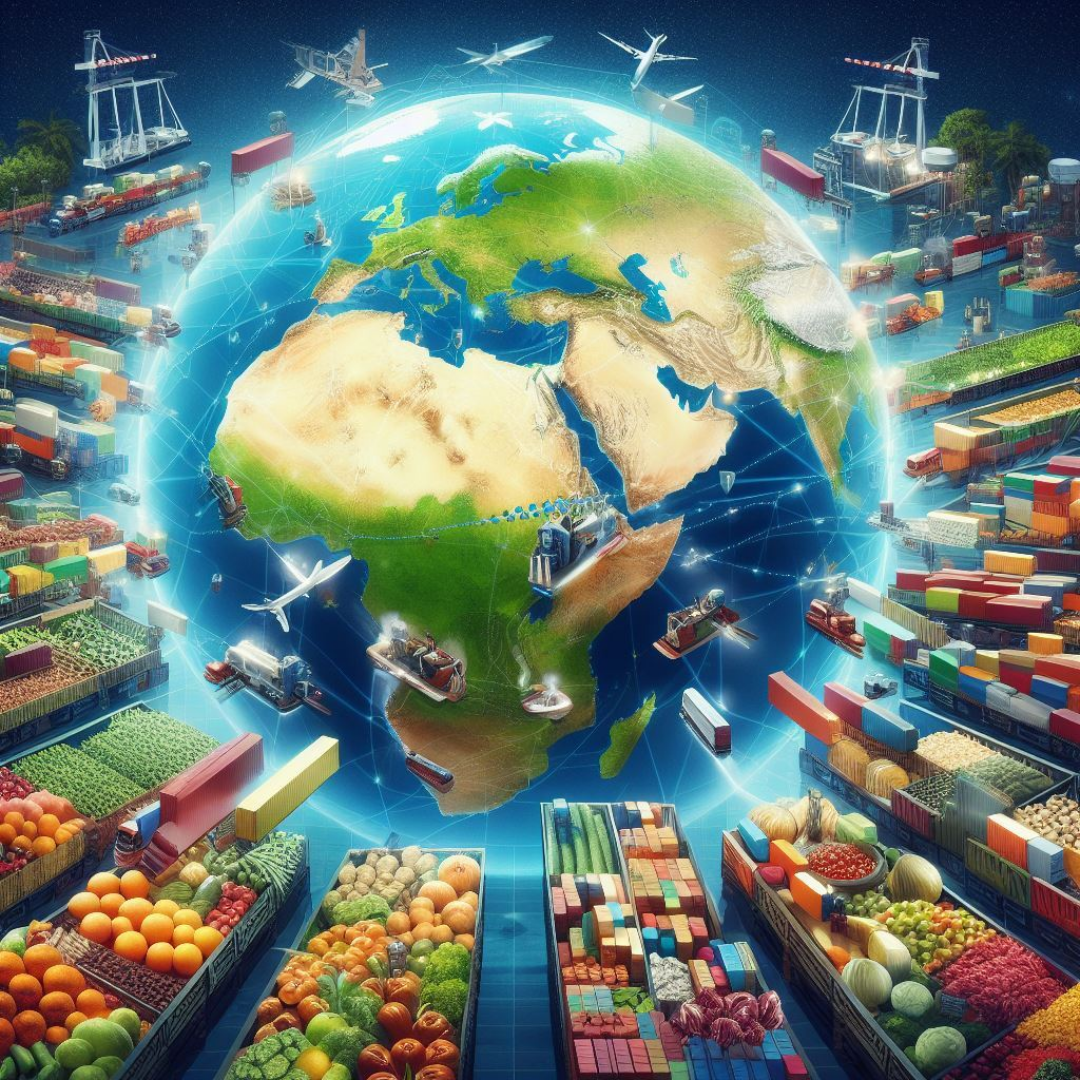Dr. Ahmed emphasized the global nature of the food security issue, with 9.2% of the world’s population facing hunger and malnourishment, with over half of them residing in Asia.

In a seminar held on Friday, speakers emphasized that establishing smooth cross-border trade with a relaxed regulatory framework is crucial in addressing food security challenges in Asia.
They highlighted the significant agricultural potential of the Asia region, which is currently grappling with the adverse effects of climate change. They emphasized that cross-border trade among regional states could bolster resilience to environmental degradation and combat food security issues.
The Sustainable Development Policy Institute (SDPI) orchestrated a webinar titled “Innovation for Food Security and Regional Trade for Agriculture Promotion”. The event, moderated by Project Coordinator Abdullah Khalid, delved into the potential solutions for promoting food security and agricultural growth through cross-border trade.
James McNee, First Secretary of the Canadian Embassy in Pakistan, emphasized the importance of cooperation and coordination in addressing trade, food security, and agriculture sector concerns. He pointed out Canada’s longstanding history of exporting grains and agricultural products to Pakistan, highlighting the need for legislative modifications regarding genetically modified organisms (GMOs) in Pakistan.
McNee also underscored collaborative efforts between grain institutes in Canada and Punjab province to study the suitability of GMOs for this region’s soil.
Dr. Vaqar Ahmed, Joint Executive Director at SDPI, informed participants about an upcoming hackathon planned for November 17-18. This event aims to engage teams from neighboring countries in discussions about food security, agriculture, and trade.
Dr. Ahmed emphasized the global nature of the food security issue, with 9.2% of the world’s population facing hunger and malnourishment, with over half of them residing in Asia.
He pointed out that affordability is a critical concern in Asia, where many struggle to afford a nutritious daily diet. Dr. Ahmed outlined a comprehensive strategy, addressing challenges such as poor-quality fertilizers, water scarcity, post-harvest losses, and inadequate machinery and equipment. He proposed that fostering agriculture through cross-border trade with neighboring countries could be a pragmatic step forward.
Pierre Bonthonneau, Senior Advisor at the International Trade Center (ITC), emphasized the connection between food security and cross-border trade. He stressed that delays in transit during cross-border trade can lead to significant spikes in agricultural prices, especially for perishable goods.
Bonthonneau highlighted the importance of digitization and innovative solutions to ensure well-regulated and consistent cross-border trade, crucial for food security and healthy commerce.
Ayma Hayat Tamman, CEO of Tamman Farms, discussed the profound impact of climate change on the agricultural sector, directly affecting crop yields and cultivation lands.
She advocated for increased focus on research and development, promoting the use of green fertilizers over chemical-based pesticides and fertilizers harmful to wildlife. Tamman emphasized the need for education and training programs for farmers, along with efficient water management practices to bolster the agriculture sector.
Prof. Dr. Bushra Yasmin, Professor of Economics at Fatima Jinnah Women University, highlighted the importance of accessible, affordable, and nutritious food for achieving food security goals and living a healthy life. She underscored the significance of this concept in enhancing overall food security.
Overall, the seminar underscored the critical role of cross-border trade in addressing food security challenges and promoting sustainable agriculture in the region.